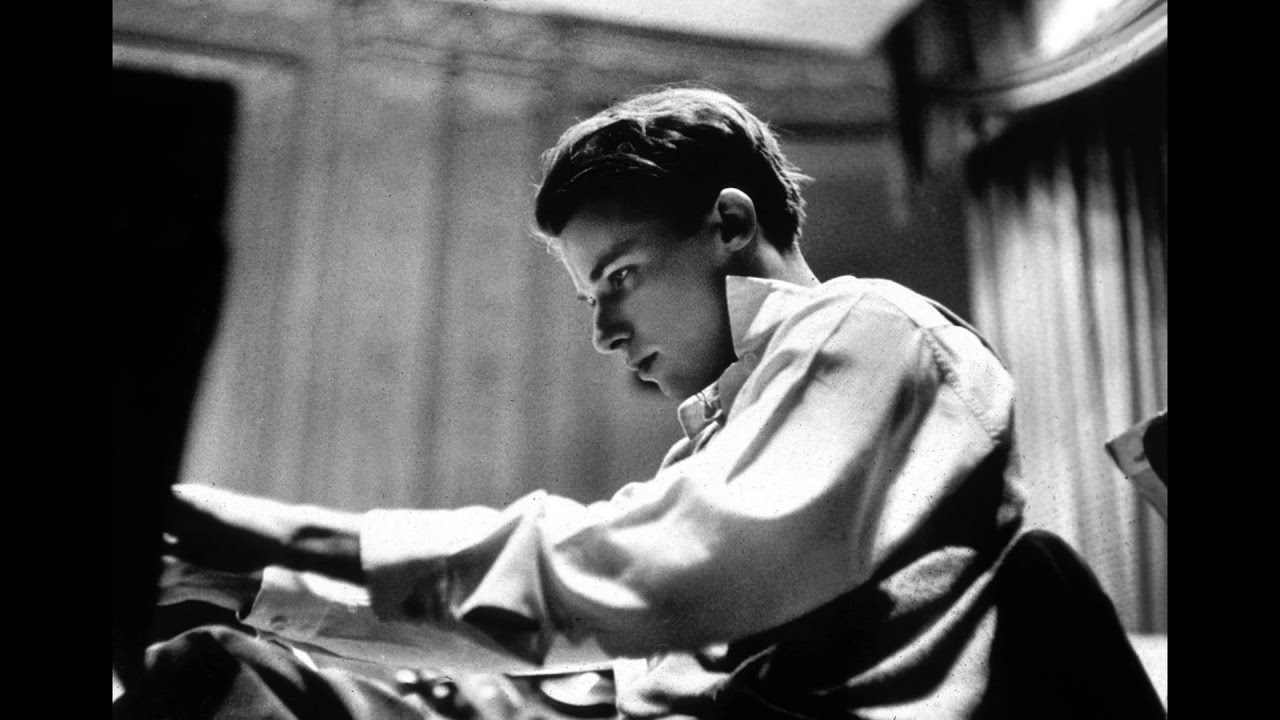Why Glenn Gould dived into late Beethoven
Newsby Daniel Poulin:
The fall of 1952 was to be a major period of Gould’s life. First, he decided it was time to leave his teacher Alberto Guerrero. It was a difficult but inevitable decision that had to be taken sooner or later. Gould was torn between performing and composing. He then made another crucial decision: moving out of his parents home. Taking along books, music, a tape recorder and his dog, Gould ensconced himself at the cottage with his beloved Chickering piano to find out if he really had it in him to become a pianist of worth. This period of introspection lasted for over two years, allowing him little opportunity for public performace. From September to December he gave only radio recitals the first one 3 days after his 20th b/day. The Beethoven Bagatelles op.126 were part of the concert.






Comments